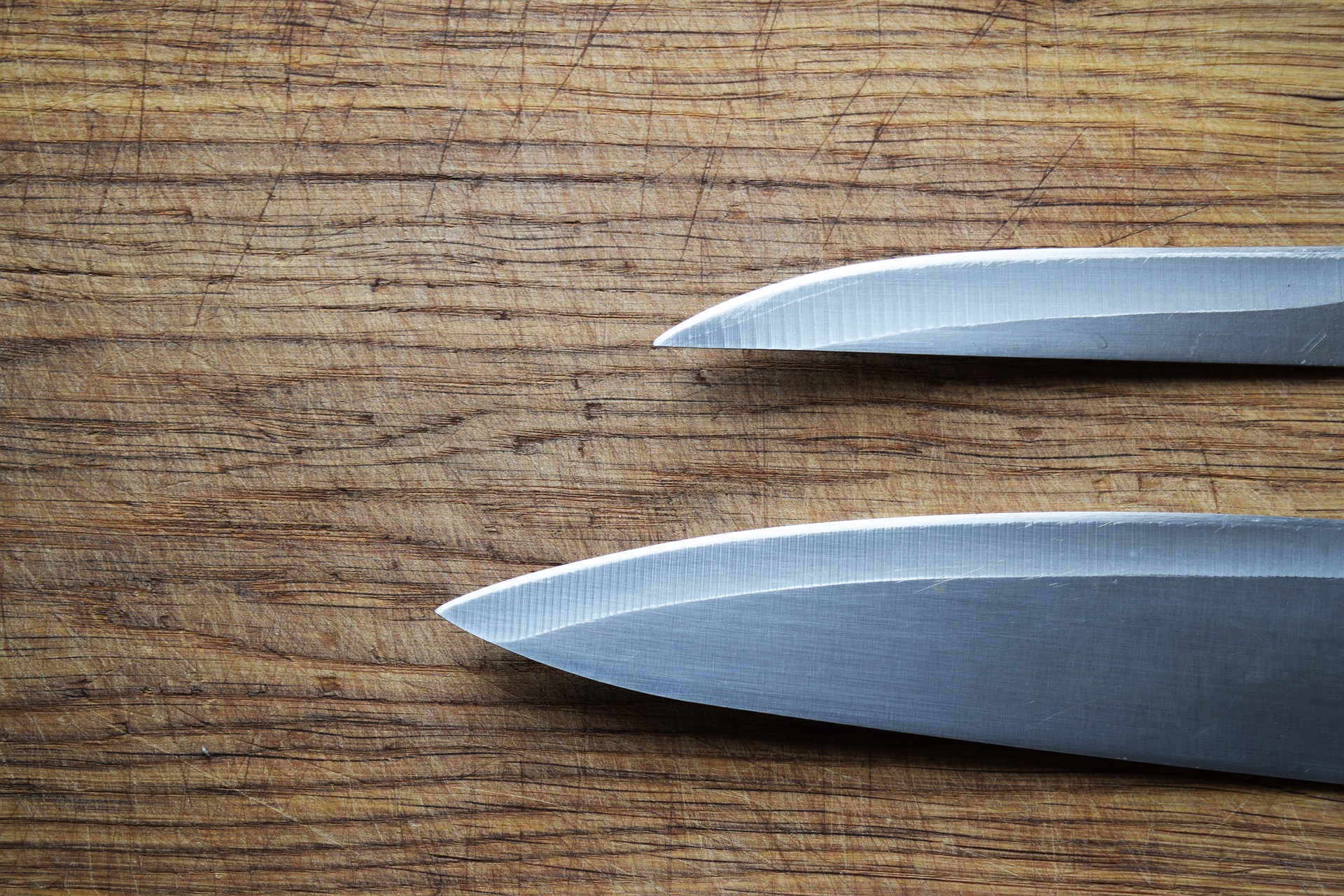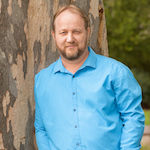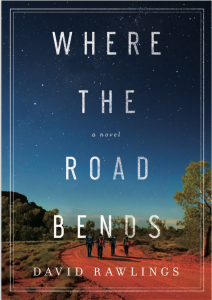by David Rawlings, @DavidJRawlings
I sacrificed 1000 worthy helpers yesterday. Troops that had served me well. Cut. Gone. They played their role.

I want to pay tribute to those 1000 words I deleted yesterday. They held the line until a better option turned up. They propped up the first draft when the right words were reluctant to come forward.
We can get so hung up on word counts and targets in our constant drive to write. We have to move forward, with 250 words a day for the next six months otherwise we won’t get there. And we’ve got James L Rubart’s word count tracker ticking along nicely, driving our WIP forward. Thanks Jim.
More, more, more. Especially in a time like Nanowrimo, we’re constantly focused on our output in terms of quantity.
Sometimes I’ve been disheartened when I’ve stood back from my computer after two hours and my word count has gone backwards. There is a short stab of disappointment – I’ve spent two hours writing and I’ve got nothing to show for it. Thankfully that stab is short. The work is better for fewer words.
Taking words out improves the work, and it’s necessary. Editing is a part of the process for any writer. As I’ve been talking to other writers, I’ve realized that editing can sometimes be a challenge for most of us. Sometimes it’s because we’re too close. But on occasion it’s because we may not realize the different ways we need to edit. And as I’ve now edited three published novels and am writing a fourth, I have found I use different approaches at different times for different reasons. And I use different tools as well, to hack, slice or lever out the right words. It has made it easier to edit, because I know not all editing is the same. In the same way as I use different knives in my kitchen because different jobs call for them, I now use three different ways to cut back on the words I’ve put on the page.

The first cut is using a large cleaver. The job of the cleaver is to hack away large chunks – to remove whole sections that aren’t needed. When editing, we use the cleaver when a whole storyline isn’t working. Large swathes go in the big picture sense. We make structural changes because of a saggy middle. Or a character changes completely because our original view of them has changed now the story is developing. The cleaver is useful because it frees up our thinking from whole tangled knots of storyline.
The second cut is using a carving knife. The job of the carving knife is to slice, to make more refined cuts. This is when you carve off sentences that don’t fit because you’ve simply restated a point in a slightly different way. Your second sentence does nothing but say what you said the first time around. See? The carving knife takes a raw hunk of first draft and turns it into something of beauty.
The third cut is using a paring knife. A paring knife is used in your hand like an artist’s brush. It shapes tomatoes into roses and fruit into sculpture. As editors, we need the paring knife when we are fine-tuning scenes; to shape our drafts into something more beautiful by being something less. I had my metaphorical paring knife in my hand yesterday.
Sometimes the approach to editing needs to consider the different needs of the edit. I’ve found that simply understanding there are different ways I can edit can help me do what is needed for that moment; for that passage.
How do you approach the process of editing your hard-earned words?
Four friends reconnect fifteen years after graduation on a promised trip to the Australian outback. Time has changed them. At graduation life was all about unfulfilled potential. Fifteen years down the track, it feels a lot like regret.
As they get lost in outback Australia they find more than harsh beauty of an unspoilt land… … they discover how the road of life delivered them to where they are now.
And getting back requires them to determine where they’ll go from here.

Based in South Australia, David Rawlings is an award-winning author, and a sports-mad father-of-three with his own copywriting business who reads everything within an arm’s reach. He writes that take you deeper into life, posing questions of readers to explore their own faith and how they approach life.
Where the Road Bends – a novel based in outback Australia – is out now! Why not take a virtual vacation during your time at home?
David’s debut novel – The Baggage Handler – won the 2019 Christy Award for First Novel. His second novel – The Camera Never Lies – focuses on honesty in relationships and is now available.
He is currently signed with Thomas Nelson and represented by The Steve Laube Agency.

Comments 1
Really interesting post!